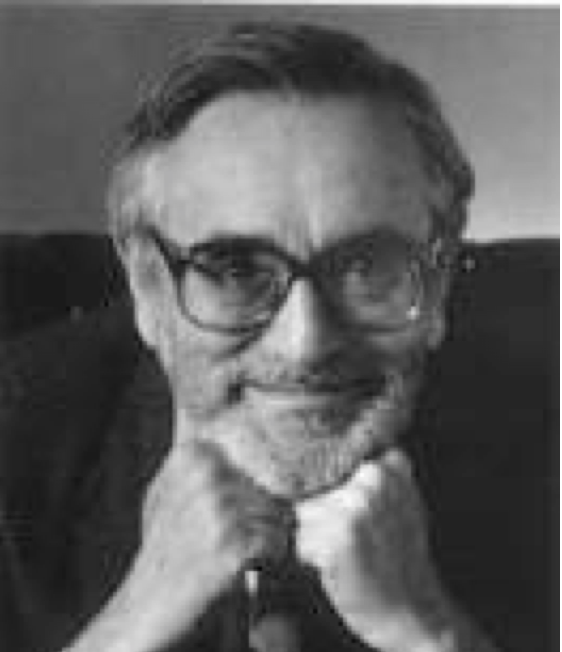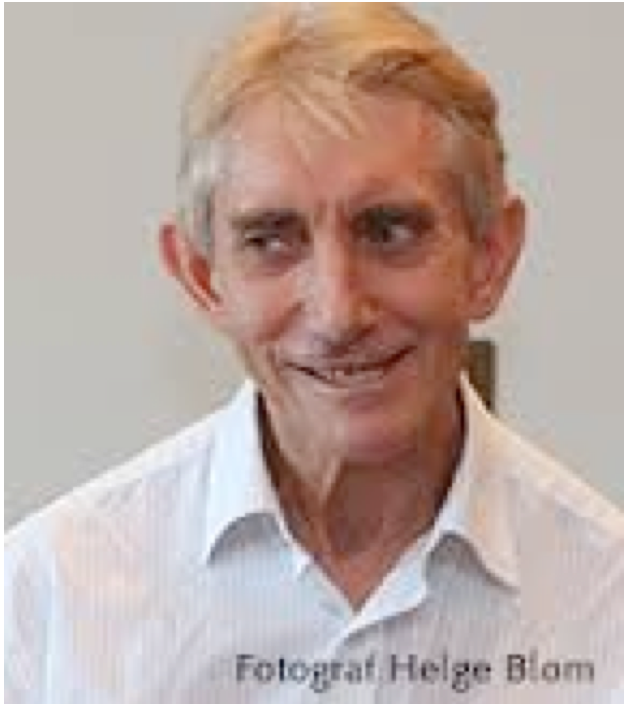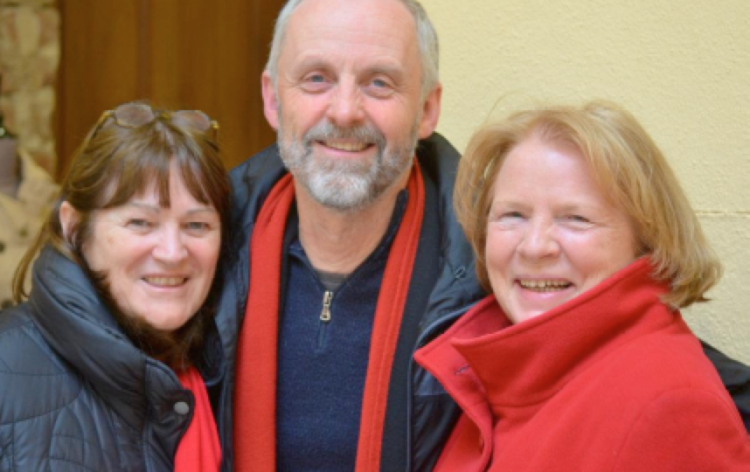At the Philadelphia Child Guidance Clinic he used to hold a seminar for students every Tuesday between 12 and 2 pm. We were asked to attend with our sandwiches; after ten minutes he would lock the door: if you were late you were out. Each of us would be present with a tape of a session, Sal would choose casually who to involve and casually would make the tape run, till we all would watch an interaction on which he would ask our opinion. What was done “right or wrong” according to the structural model? Sometimes he would be interested in what was poetic or unexpected. Each of us, when it was our turn, would write on the blackboard the genogram of the family we were speaking about, but we would be interrupted if we forgot to include the therapist, already for him a fundamental component of the interaction. Every Tuesday before the encounter I would take an anxiety pill and I have dreamt these meeting for a long time, as I have the graduation exam.
Sal Minuchin has taught me to think, through his unpredictable questions and his comments, that were always surprising. He has taught me to connect with pathology, with problems and their solutions. At Child Guidance Clinic – were I have done my internship from 1976 to 1979 – he was the chief, the director, the person who would see the most problematic cases, while we were always trying to be present behind the one way mirror. With clients he was “strict” and directive as he was with his students, never aggressive, authoritarian, playful, ironical. He would be so sure of his theory that it seemed impossible not to consider it and not to be perturbed by his hypothesis. He told me once that, coming from an Argentinean big Jewish family, he had to learn very quickly how to get his way and make himself heard.
Sal has also taught me to be with the people I was consulting with, not to be ever scared. Once I was in a session – thinking I was alone – when the interphone rang: “take off a shoe and smell it. Do not end the session before you have done this”. I immediately recognized his voice and it was clear that I had no choice: I needed to obey his injunction. At this day I am grateful he has pushed me beyond my limits.
Sal Minuchin died last 31 st of October and has left a big void. A pioneer of family therapy has gone away, the inventor of the structural model, a man capable of dealing with problems and of considering their possible solution. A big expert of anorexia (symptom that emerged in the United States at the beginning of the seventies, following a growing social well-being ), asthma and diabetes, of psychosomatic illnesses and disorganized families, later of disadvantaged and poor contexts. He has proposed us a clear clinical model, reassuring, pragmatic and has taught many of us to consider structure/boundaries/ties as the organizers of interactions.
With Bralio Montalvo – faithful friend and collaborator – he worked in the sixties as a psychiatrist at the Wiltwyck school for delinquent kids, where he refined his structural way of thinking (Families of the slum is a book out in 1967 that describes their experience). From 1965 he become the director of the Philadelphia Child Guidance Clinic, then the director of training; he will remain in Philly till the beginning of the eighties, with Bralio Montalvo, Jay Haley and two collaborators and friends Bernice Rosman (they wrote together Psychosomatic families, anorexia nervosa in context, in 1978) and Marianne Walters, a passionate feminist. He will then move to New York with his wife Pat, where they create the Family Studies Institute, where – along with teaching his model – they will get involved with Services that deal with risky social affairs: poverty, marginalization and racism (Working with families of the poor, is the book they wrote together with Jeorge Colapinto in 1998).
Many remember him conducting never ending intense seminars both in the States and in Europe till approximately three years ago: never tired, energetic, intense, ironic, sharp, capable of great sympathy and definite opinions … I am proud of having met him and I am sure that Sal will continue living through our teachings as a pioneer, a master and a mentor.
Umberta Telfener, 31.10.2017



